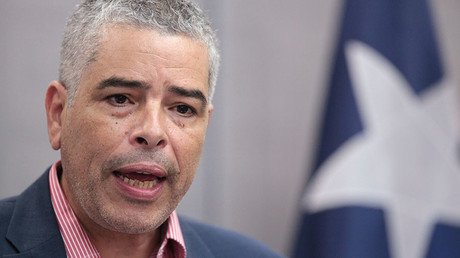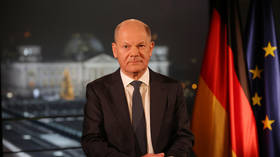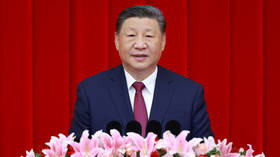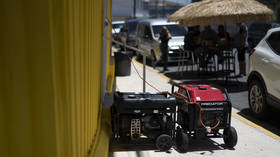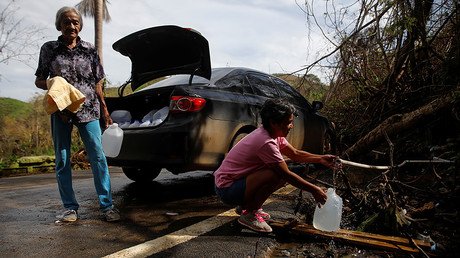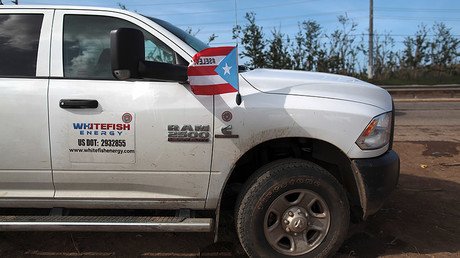Puerto Rico to privatize crippled power utility PREPA
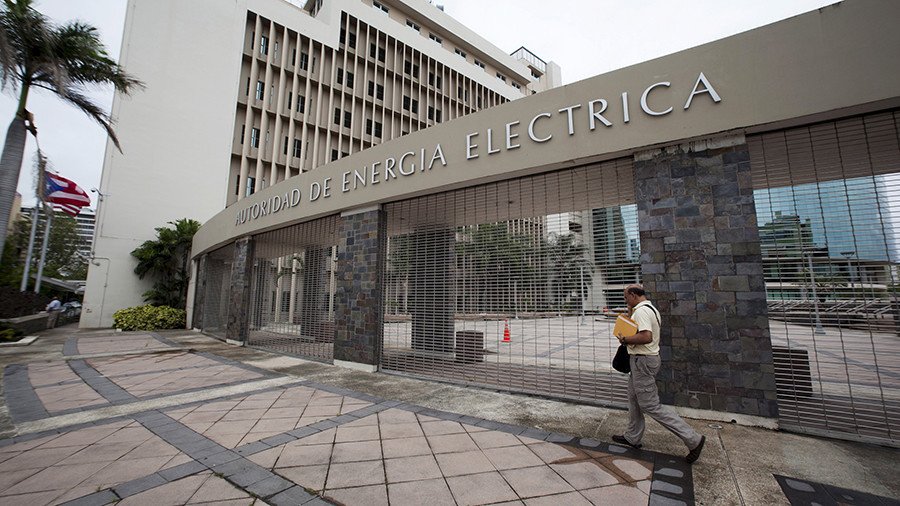
As Puerto Rico continues its recovery from Hurricane Maria’s devastation, the island’s government plans to sell its public energy company’s assets in a bid to modernize their power supply system and recoup its economic losses.
Puerto Rico Governor Ricardo Rossello announced Monday that the US territory will begin the privatization process of the Puerto Rico Electric Power Authority (PREPA), selling assets to companies that will “transform the generation system into a modern, efficient, and less expensive one for the people.”
“The Puerto Rico Electric Power Authority (PREPA) has become a heavy burden on our people, who are now hostage to its poor service and high cost,” Rossello said in a televised address. “What we know today as the Puerto Rico Electric Power Authority does not work and cannot continue to operate like this.”
Ricardo Rosselló announced a privatization model for PREPA https://t.co/RMw4sqW8HCpic.twitter.com/5QHO3ZBJNI
— El Nuevo Día (@ElNuevoDia) January 22, 2018
More than four months after the island was hit by a Category 5 hurricane, power has been restored to less than 64 percent of homes and businesses, according to the latest situation report from the Department of Energy. There are still more than a half-million customers without power across the island.
PREPA has lost 30 percent of its employees over the last five years, and the energy system is 28 years older than the average electric power industry in the United States. Rossello added that the island’s dependence on oil “makes it increasingly expensive, more polluting, and less efficient.”
“The maintenance of its infrastructure was practically abandoned over the past decade,” Rossello said. “The energy system is not designed for the needs of the Puerto Rico of today.”
Now, Rossello wants the island to move toward a “consumer-centered model,” which he said should be more sustainable, viable, and attract new businesses to the island.
“If we want to facilitate the creation of new jobs and encourage investment on our Island, we have to change the obsolete energy system of the past, to one that serves as the engine of the economy, both for the reliability of those who produce energy, and for the commitment of the Government to regulate and stimulate a modern energy industry,” Rossello said.
PREPA, the largest public utilities in the United States by customers and revenue, had incurred around $9 billion in debt before filing for Title III bankruptcy in July. At the time, the entire island was in the midst of a historic $74 billion bankruptcy proceeding.
The governor said the privatization will encourage economic growth through competition in the marketplace. However, he repeatedly stated the new system would be “based on renewable and environmentally friendly sources,” in order to aid in recovery efforts after natural disasters.
“With this transformation we can achieve the goal of more than 30% of renewable energy generation. Thus, we will achieve the ability to respond faster to natural disasters. That way we can end the frequent blackouts,” Rossello said.
Tom Sanzillo, director of finance for the Ohio-based Institute for Energy Economics and Financial Analysis, told Reuters that Rossello’s plan would “produce a maximum amount of corruption and a minimal amount of electricity.”
“He’s got no energy plan, no financial analysis, if he thinks he’s going to sell it off and the private sector is going to come in and invest, that is a recipe for Puerto Rico being raked over the coals by private interests,” Sanzillo said.
FBI agents examining how #WhitefishEnergy & Puerto Rico Electric Power Authority (PREPA) came to deal - reports https://t.co/fngv98FKgI
— RT America (@RT_America) October 30, 2017
Rossello laid out the sale of PREPA in a three-part plan that he said could take 18 months.
The first phase consists of drafting legislation to define the legal framework and monitoring the market. Then, the governor said they will evaluate the offers based on their technical, economic and financial evaluation. Finally, the island will negotiate with selected companies that “meet the requirements for the transformation and modernization of our energy system.”
